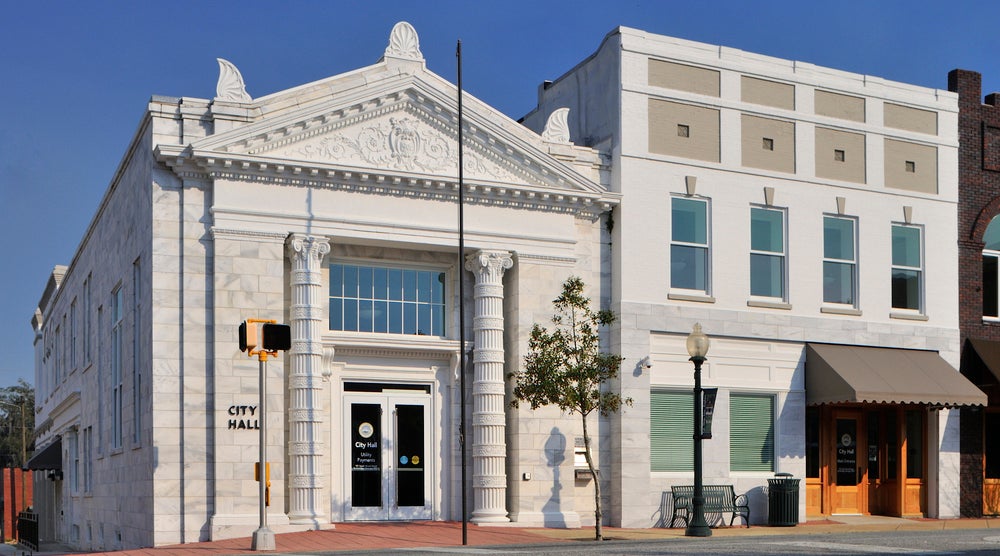District governor speaks to local Rotary club
Published 9:17 am Wednesday, October 12, 2011
Margie Kersey, the district governor for the Rotary International’s District 6900, was the guest speaker at Tuesday’s meeting of the Rotary Club of Bainbridge.
Kersey, a member of the Rotary Club of Stone Mountain, Ga., talked to the club about the contributions that Rotary has made to the world. The main goal of Rotary has historically been the eradication of polio, and Kersey said that the world is “in the endgame” when it comes to the elimination of the disease.
“I promise you there is still a mother in Afghanistan who is counting on you [Rotary members] to help pay for the two drops of polio vaccine so that her child can grow up strong and healthy,” she said.
Kersey said that even after polio is completely gone, Rotary members can still continue to show their support for the fight against the disease. The Roosevelt Warm Springs Institute in Meriwether County, Ga., is in need of restoration and offers a great opportunity for Rotary members to contribute, she said.
Kersey said donations will help restore several cottages at the institute, and one of those cottages could later become a museum to document Rotary’s contributions to the eradication of polio. Currently, there are only 374 documented cases of polio in the world, and one variety — Type II polio — has already been eradicated.
“Every one of you has played a part in the fight against this awful disease,” she said.
Kersey also talked about the Coins for Alzheimer’s Research Trust (CART), another Rotary project. CART is completely funded by change donated by Rotary members at their club meetings, typically with no individual donation larger than $5. Those monies help fund small grants — approximately $50,000 to $100,000 — in the fight against Alzheimer’s disease.
Kersey said although the grants are small, they have a tremendous impact. She noted two CART-funded grants that have already had recent success. One scientist has developed a “Trojan horse” to deliver medicine to the brain through the blood stream, even though the body naturally rejects most drugs that try to reach the brain. Another scientist has developed a drug that has helped reverse the symptoms of Alzheimer’s in lab rats.
“The reason these grants were small is because the scientists were willing to take gambles,” she said. “Most large grants are only given out because the result is already known and they’re sure the science will ‘work.’ But these medical breakthroughs came about because a scientist was willing to take a risk.
“All progress depends on the unreasonable man. You [Rotary] are the ‘unreasonable man.’”
At the end of the meeting, club president John Dowdy presented Kersey with a certificate and a tree that will be planted in her honor, at the Charter House Inn property.





